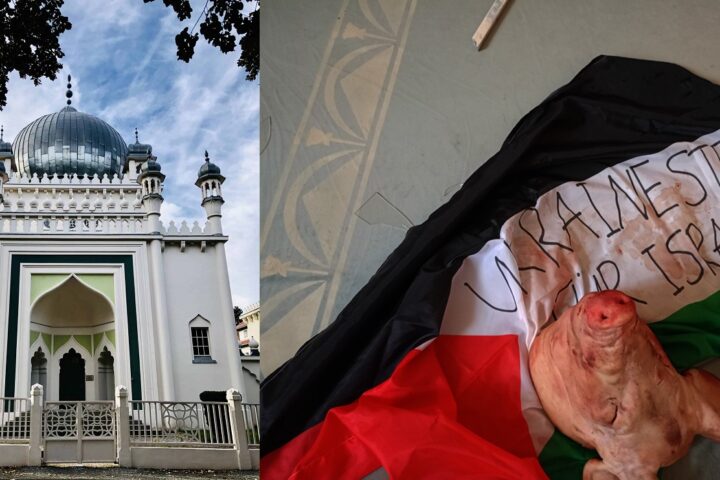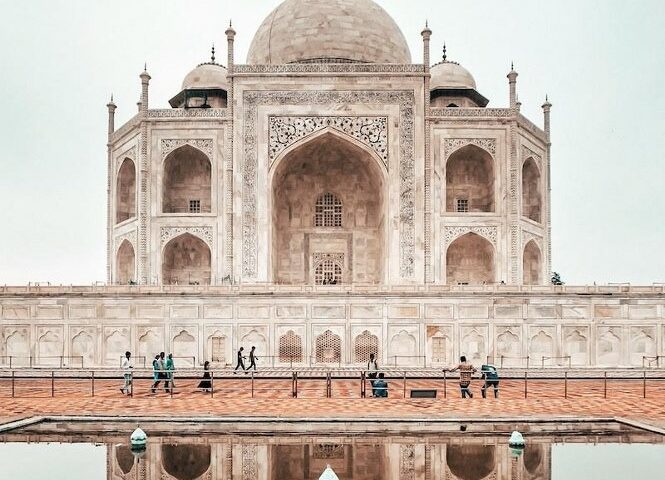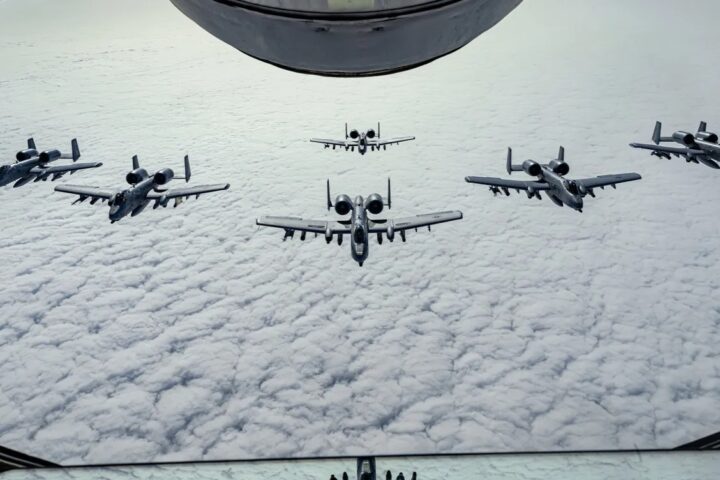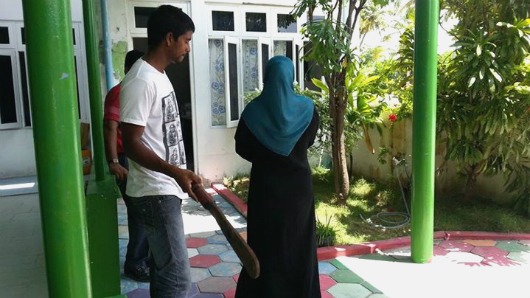In the fertile plains of Punjab, Pakistan’s breadbasket, a complex dynamic is unfolding between the nation’s powerful military, its real estate endeavors and the agricultural lands that have long sustained the country.
The Defense Housing Authorities, run by the Pakistani military, have undertaken extensive housing and commercial projects across Punjab in recent decades. Satellite imagery analyzed by the government’s Urban Unit shows the visible transformation, as vast stretches of farmland have given way to upscale residential communities and businesses.
The military is the largest landowner in Pakistan, and its Defense Housing Authority in Lahore alone sprawls over 300,000 kanals (around 37,500 acres), segmented into 12 phases of development. Similar expansions have occurred in cities like Faisalabad, Gujranwala, Multan and Rawalpindi.
While providing housing for military personnel and others, this reallocation of land has raised concerns about disruptions to agricultural production in the food abundant Punjab region. Agriculture accounts for over 22 percent of Pakistan’s GDP and employs nearly half the population.
Critics argue these real estate ventures have contributed to factors like wheat shortages, by diminishing farmland. They also point to potential environmental impacts, like altered temperatures, reduced crop yields and heightened risks of floods or drought.
Defenders of the military’s development initiatives, however, argue they have generated revenue, jobs and housing in answer to urban population growth. Providing plots to military members, they say, is appropriate compensation for Pakistan’s armed forces, defenders’ of the country.
The issue has sparked land disputes in the courts, scrutiny of prominent figures like former army chiefs accused of profiting from acquisitions, and questions about transparency in military brokered land deals.
As Pakistan confronts challenges from climate change, food insecurity and poverty, the military’s footprint on the agricultural landscape has become emblematic of the intricate power dynamics and tough choices involved in balancing development and environmental needs.













